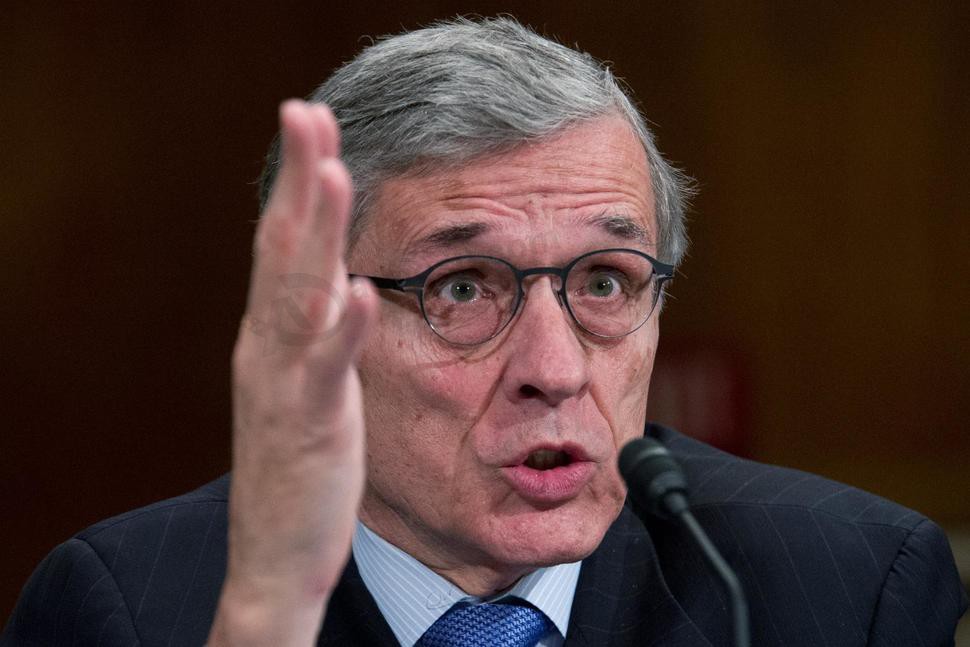-
Sourcing Solutions
- Customized products
- Offset Printing
- Digital Printing
- Sublimate Printing
- Screen Printing
-
Help & Community
- Customer Services & Info
- Vip Member Service
- Feedback
- Contact Us
- Advertising industry trends
- Advertising practitioners Forum
Categories
Categories See All >
Flags / Banners
Inflatable products
Car supplies / Lanyards
Tags & Labels / Decals & Stickers
Bags & Boxes / Printing service
Gifts & Craft / Key & Hook
Display Stands
Cards / Clothes printing
Outdoor advertising products
Materials / Equipment / Other

Flags




Bags & Boxes

Gifts & Craft
Key & Key Hook

Display Stands & Light Box


Outdoor advertising products

Printing Materials
Advertising Equipment
Werbedrucker
Siebdruckmaschine für Werbung
Werbung Offsetdruckmaschine
Plattenherstellungsmaschine
Bindemaschine
Stanzmaschine
Other Advertising Products
0



















